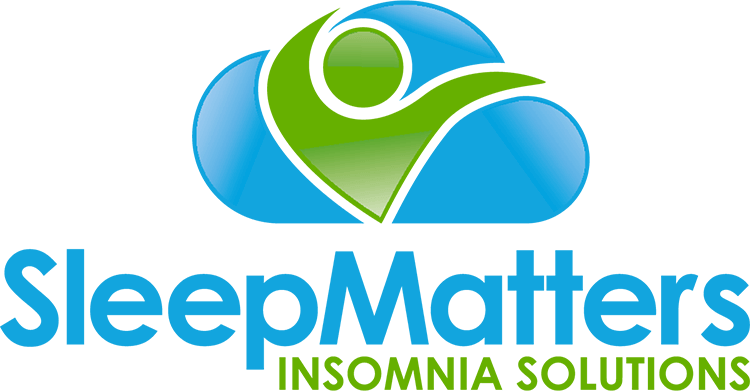Over the last 2 decades, scientific research has been consistent in it’s findings that Cognitive Behaviour Therapy for Insomnia (CBT-I) is the gold standard treatment.
One in three people regularly struggle with their sleep according to a recent study of sleep (conducted in Australia). We also know that around 10 per cent of the adult population suffers from chronic insomnia, which is defined as a difficulty falling asleep or returning to sleep following night-time awakening, with a significant impact on daytime functioning. Insomnia is essentially a disorder that might be due to poor sleep habits and/or high levels of anxiety and worry about not sleeping well. Of course physical il-health, stress, anxiety, and depression may play a role. Insomnia affects not only the sufferer of insomnia but also other family members, friends and work colleagues. Take our 1 minute Insomnia quiz to see if you have symptoms of insomnia.
The Australian Sleep Association has published guidelines that confirms Cognitive Behaviour Therapy (CBT) as the treatment of choice for Insomnia. This is in line with guidelines in the USA, UK, Canada etc. Many sleep clinics focus on treating sleep apnea and do not offer CBT for insomnia. Sleep Matters is a specialised insomnia management service.
Cognitive behavioral therapy for Insomnia (CBT-I) helps people change behaviours and thoughts that impact on their ability to sleep well. It helps people to develop habits and thoughts that promote a healthy pattern of sleep. Often 4-6 sessions are required. Treatment may include adjusting your current sleep and/or daytime routine, learning to reduce anxiety about sleep, and considering how to maximise daytime energy and better manage stress.
Cornerstones of the CBT-Insomnia treatment are 1) Stimulus Control which aims to reverse the association that often develops between going to bed and not sleeping (and feeling frustrated, anxious, angry etc), 2) Sleep Restriction which aims to consolidate fragmented sleep, 3) strategies to manage unhelpful thinking patters (worries, anxiety, busy mind). The effectiveness of CBT-I, particularly long-term, and the minimal adverse effects of this treatment have resulted in it being considered a first-line treatment for primary insomnia.About 80% of those treated with CBT-I will benefit and the benefits are long lasting.
CBT-I can be very effective as a stand alone treatment or when used in combination with sleeping medications (benzodiazepaines such as doazepam/valium, oxazepam/serepax, or temazepam/normison, or sleep medications such as stilnox or imovane). Research suggests that short term use of sleeping medication at the start of CBT-I can produce very positive long term outcomes.
While the use of sleeping pills may temporarily improve sleep, the use of sleep medications are not usually recommended for long term treatment (more than about 1 month). Sleeping medications can become a particular problem when they are used every night, or most nights, for months or years.
We often see patients who have been taking sleeping medication for a long time. People usually mange to reduce or completely stop taking these medications as they learn to sleep on their own.
Sleep Matters is a team of health professionals in Subiaco and now O’Connor, with specific training and experience in helping people with Insomnia. For other posts on sleep, Insomnia and it’s treatment, have a look at the other posts in the Sleep Matters Blog.
If you would like assistance with your sleep, contact us.
